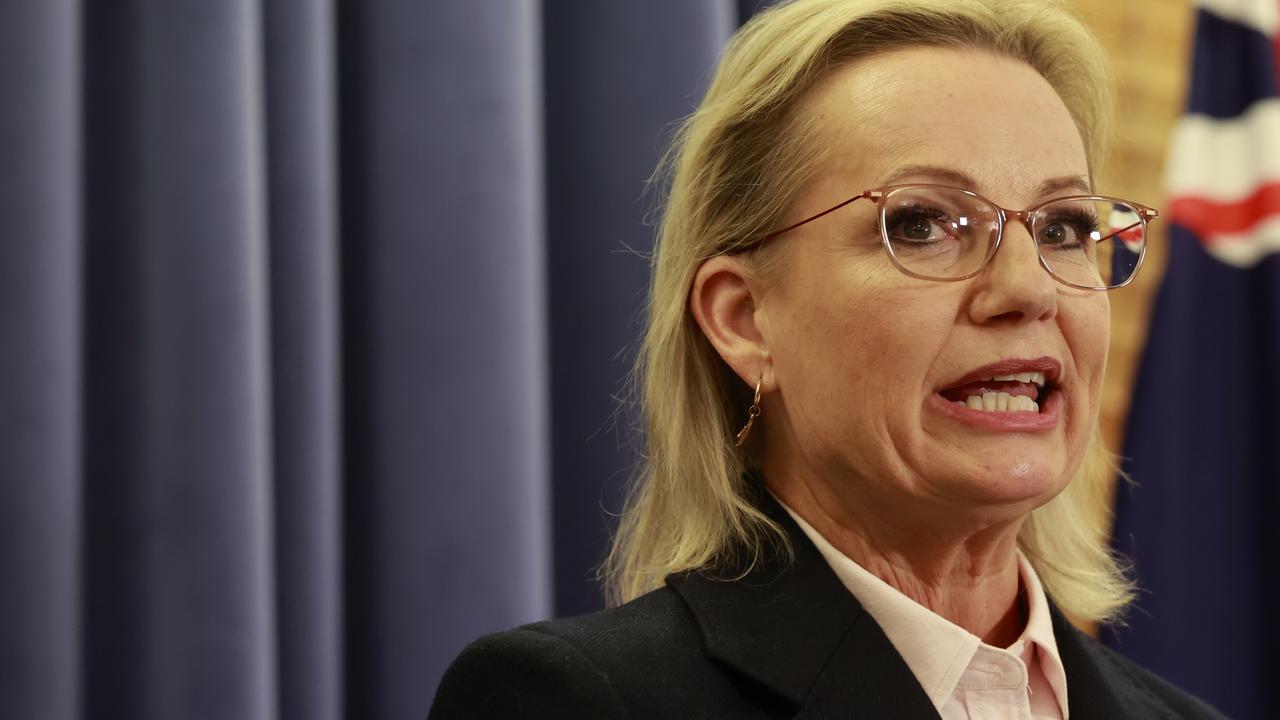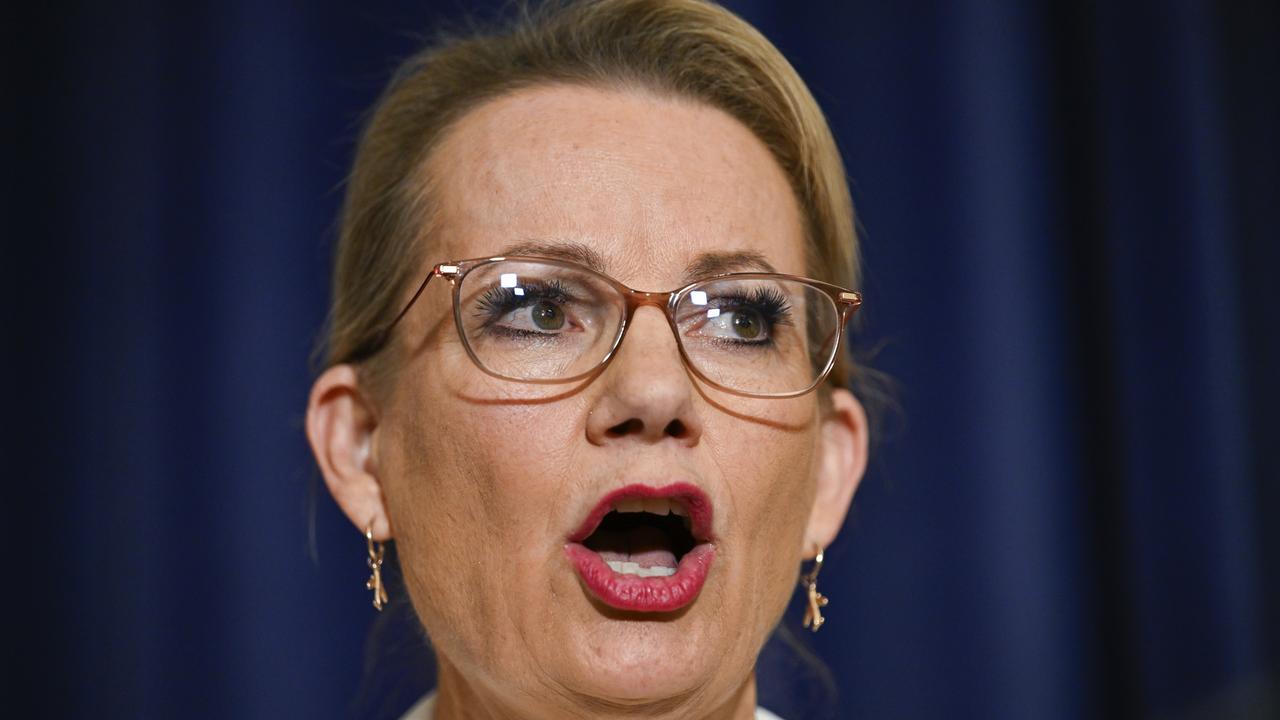‘Evil’: Stan Grant breaks silence on failed Voice to Parliament referendum
The former ABC presenter has revealed why he’s “grateful” he never waded into the Voice to Parliament debate.
Analysis
Don't miss out on the headlines from Analysis. Followed categories will be added to My News.
Stan Grant has broken his silence over the Voice to Parliament result, saying he is grateful he did not participate in the debate.
The journalist criticised No voters for inflicting pain on Indigenous people and the Australian psyche in a speech delivered at the 2023 JG Crawford Oration held at the Australian National University on Monday.
“The champions of no have won,” he said in his address.
“It doesn’t make them right, it doesn’t make them superior, it makes them winners. That’s democracy.”
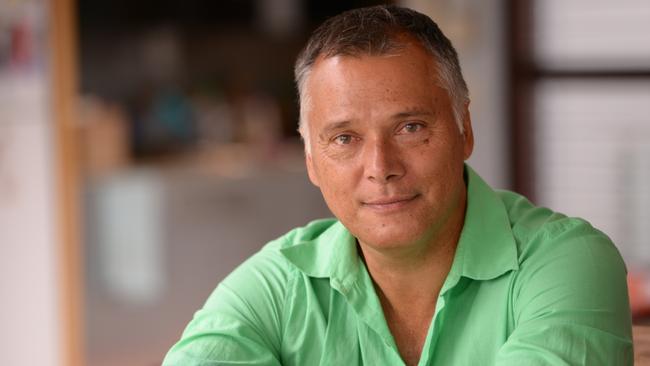
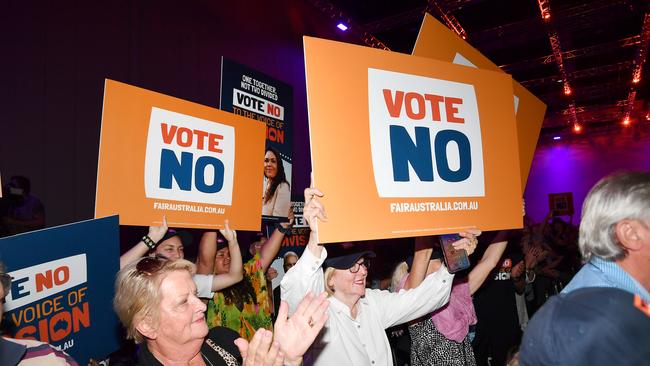
More than 60 per cent of Australians voted no at the referendum, with each state and territory voting against the Voice, except for the ACT.
In the wake of the overwhelming result, Prime Minister Anthony Albanese conceded that the Yes campaign had fallen short of its “high” goals but argued that there was room to move forward.
“We are not yes voters or no voters, we are all Australians,” he said on the night of the loss.
“And it is as Australians together, that we must take our country beyond this debate without forgetting why we had it in the first place.”
Grant had a different take on the state of the nation in the wake of the decision, arguing that Australia felt “soulless” as it turned its back on a complex and painful history involving harm towards First Nations people.
“It is hard to think of Australia as a place of evil, there is just so much sunshine, smiling faces and wide open spaces -- but evil has happened here,” he said.
“What else should we call it? People beheaded, flour poisoned, frontier raiding parties. That it happened in our past, does that make the evil any less?”
Grant also described his sorrow on the night of the referendum as the votes rolled in, saying he was thankful that he had not waded into the noise of the debate.
“With no surprise, I watch the television as the votes are tallied, grateful that I have resisted the invitation to participate,” he said.

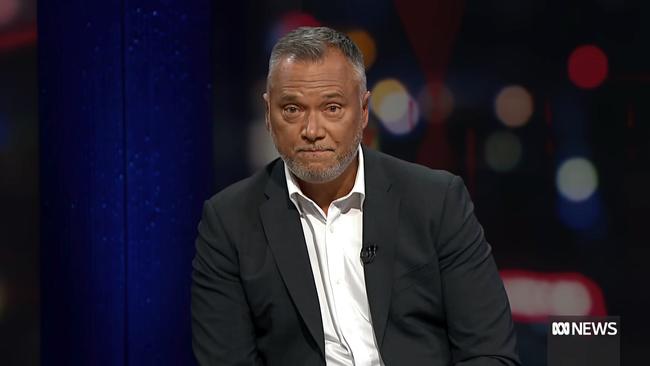
“On a night my people would be denied a Voice I will not add mine.”
Asking if “history is over”, Grant argued that the impact of colonisation was still a reality for Indigenous people, who face a considerable gap in terms of healthcare, education and employment.
“My historical wounds are Australian...the evil is known to us -- the First People of this country -- and this may be our curse, to see an Australia others don’t see and have no words to convince others it is real,” he said.
Challenges facing First Nations people include an eight-year lower life expectancy, twice as high suicide rates, substantially higher rates of disease and barriers in education and employment.
Grant went on to condemn the actions of the Yes campaigners, arguing that they turned the Voice into a “lecture about unity” rather than a moment to “lay our burdens down”.
“The Voice was never a modest ask, it was monumental, perhaps this was the opportunity lost by the yes campaign, to not let the Voice truly speak.
“Instead it was shushed...shrunk small enough to fit into politics.
“In the consultants’ suites and the lawyers’ dens, it was determined that if the Voice was made so inoffensive people may say yes -- instead it was so inoffensive people found it so easy to say no.”
Mr Albanese went to great lengths during the campaign to downplay the impact of the Voice on the majority of Australians.
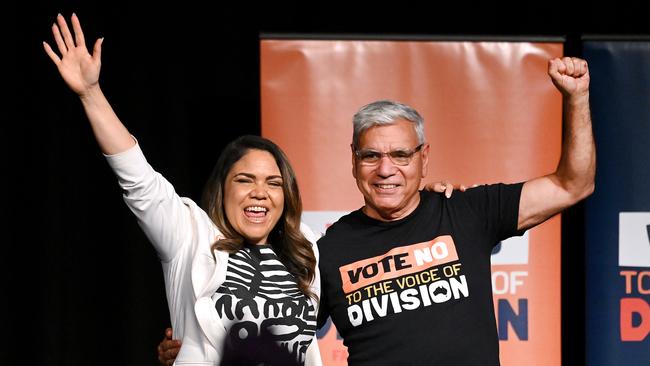
“It won‘t make any difference, directly to your life, but it just might make a positive difference to the three per cent of Australians who are Indigenous Australians,” he said before votes were cast.
Sharing some harsh words on those who reacted bitterly to the loss, Grant also argued that some Yes campaigners saw “no defeat” in the result.
“They cast their ballots and they get their Australia -- an Australia without trust, an Australia irredeemable.
“I hear them: ‘I told you so. What else did we expect from white people?’
“It is the flip side of the callous victory of No...this other No that rejoices in resentment.”
His speech also featured veiled references to No campaigner Jacinta Nampijinpa Price, a Warlpiri woman and the Opposition’s Indigenous affairs spokeswoman, who argued that colonisation had a “positive impact” on Australia, citing running water and readily available food.
“I drink from a bubbler and I give thanks for running water, that’s the measure of history, we have running water now,” Grant said sarcastically.
“Thank you colonisation”.

